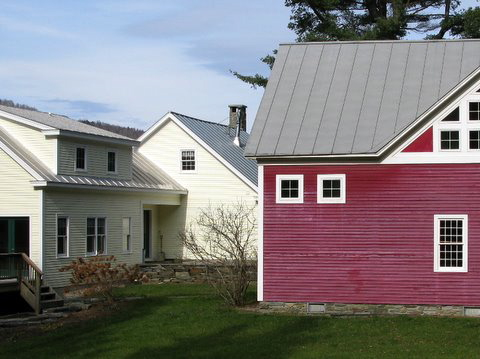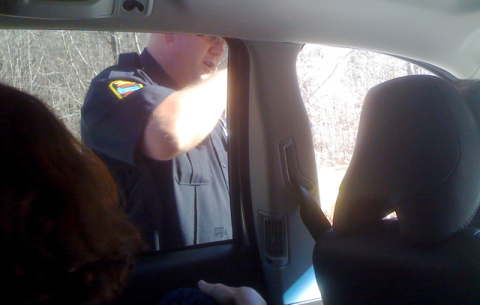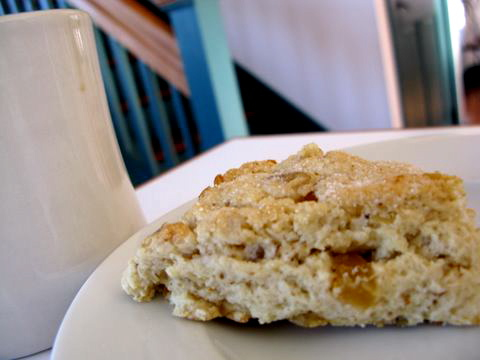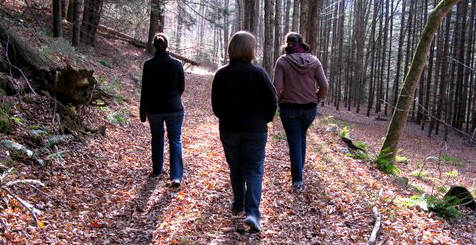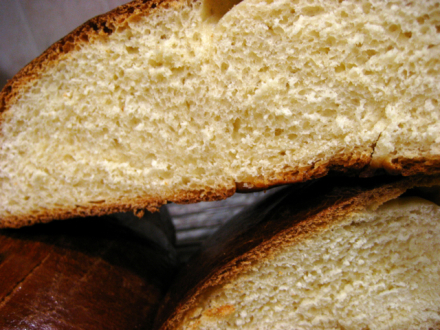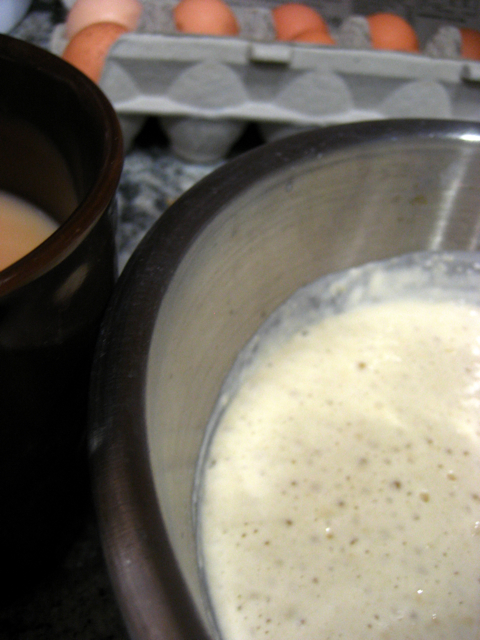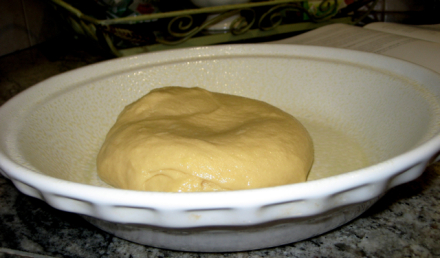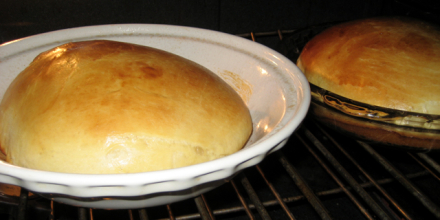Transition: part three
 Wednesday, November 25, 2009 at 12:16AM
Wednesday, November 25, 2009 at 12:16AM 
This week that is full of preparation for the celebration of Thanksgiving seems a good time to tie up the loose ends the story of WJ’s transition into his new class. I confessed to you earlier how hard the beginning of this change was for me and provided a peek at another surprise along the way. But I also promised you the good news and here it is. Very simply.
When I ask WJ what he likes about school, he says everything. Sometimes I push and say, “But what parts are you favorites?” His answer remains the same. All of it; all parts of it; I like everything. WJ is happy about school.
I wish I had a lovely and poignant story to illustrate this for you. But the truth is that the majority of this adjustment has been mundane. WJ goes to school. WJ enjoys school. We, his parents, enjoy the growth we see in him and the room he has to develop.
WJ brought a gift for us home from school this week. It was a Thankful Tree that he made in his preschool class. The children each bedecked a branch with leaves cut from their tempera paintings. The branch was rooted in a baby food jar filled with lovely rocks. On small white cards tied to the limbs the teachers recorded the things for which the children would like to thank God. One of WJ’s cards reads: I am thankful for Mom and Dad. Another offers: I am thankful for Grandma and Grandpa, Oma, and Pop. The last says: I am thankful for my stuffed animals.
More has stayed the same than has changed for WJ this fall. He loves all the same things. School. His teachers. Making art. Friends. His grandparents. And his best imaginary pal, Doggie.
It has not been a time without questions or worries but none of it has been more than we could handle. Those shaky times are so overshadowed by what is good. It is like those early, rocky moments were the first leaves that fell from autumn’s trees. They trickled down one at a time, largely unnoticed by passersby, and were one day covered by a deluge autumnal glory, by red and yellow, by orange and the occasional purple. Those first leaves have already disappeared, fallen apart at the bottom of the piles. They are already melting, turning back into the good soil down under the drifting coating of the beautiful leaves, down at the roots of the Thankful Tree.





